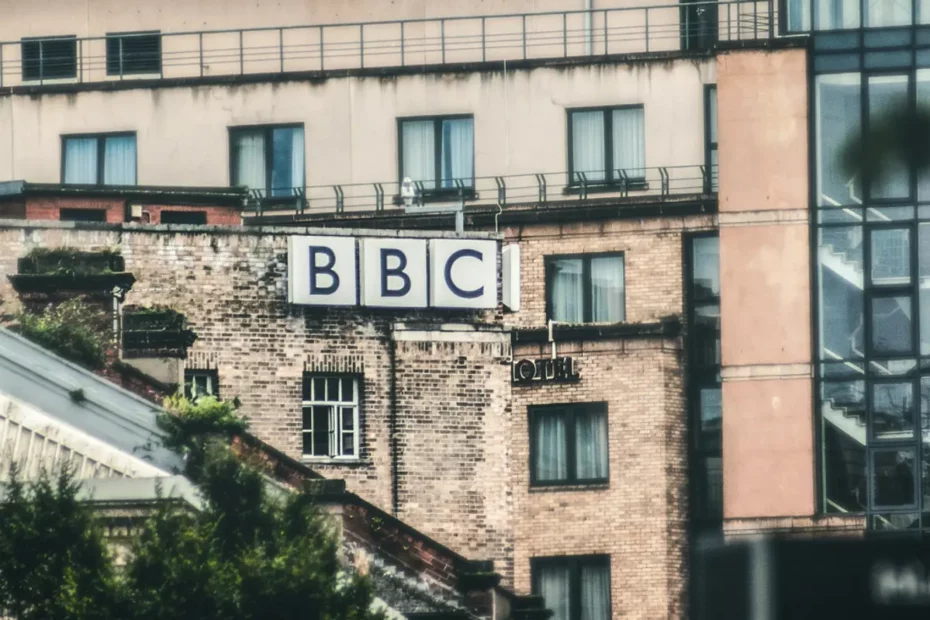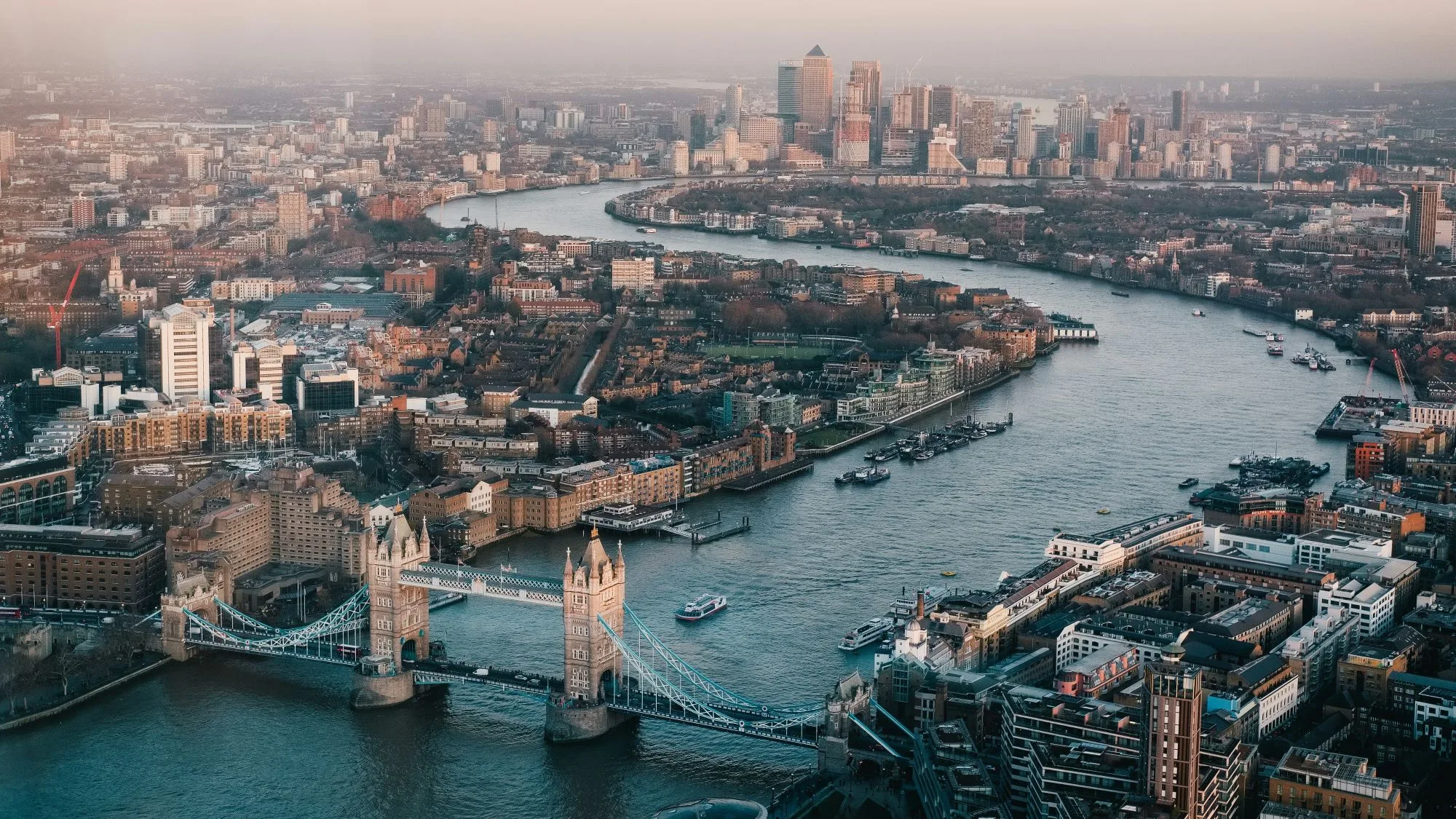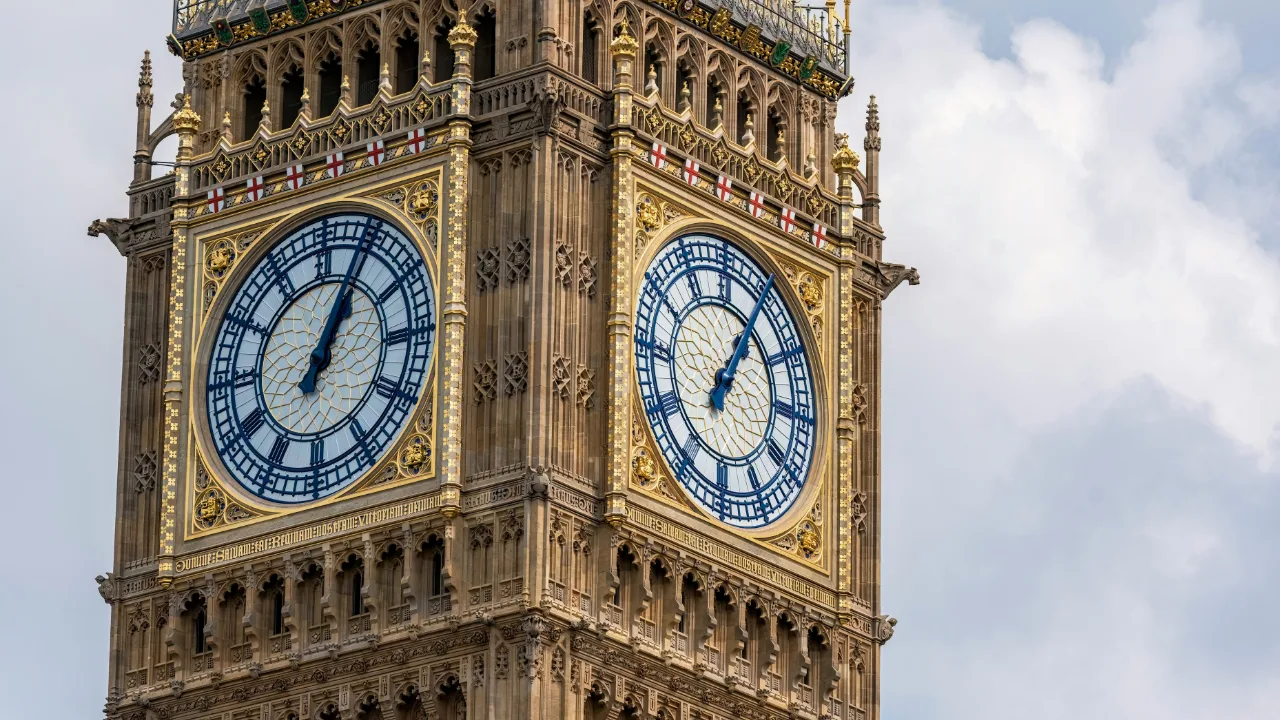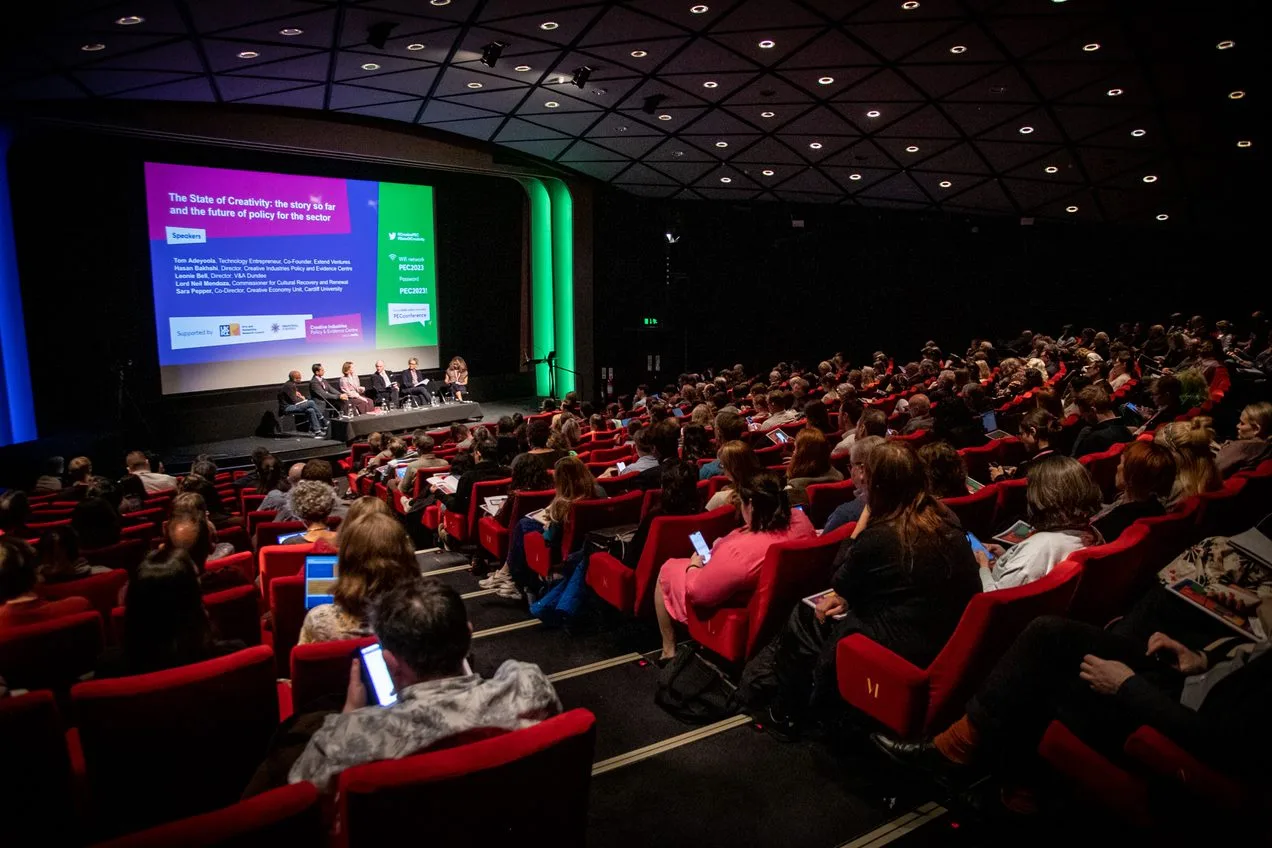Last week the Department for Digital, Culture, Media and Sport (DCMS) released its long-awaited White Paper on the future of UK broadcasting policy. Proposing major reforms and legislative changes to the TV, radio and online sectors, the paper sets out the Government’s plans to ensure that the UK’s public service broadcasters (PSBs) “continue to deliver for audiences” in the evolving digital media landscape.
Our reading of the White Paper recognises that DCMS’s proposals include a number of timely regulatory updates reflecting substantial shifts in media technologies, market conditions and audience habits. At the same time, however, there are several points of serious concern for the future of public service broadcasting (PSB) warranting further analysis and debate.
In this blog post, we offer a measured appraisal of the White Paper’s relative strengths and limitations. Our enquiry is informed by our previous evidence and recommendations for pertinent PSB policymaking, particularly where questions of public value are concerned.
The privatisation of Channel 4
The White Paper summarises the government’s plans to privatise Channel 4 and its response to the public consultation. As part of privatisation Channel 4 will remain a public service broadcaster, “retaining its remit to provide distinctive, educational, innovative and experimental programming.” Its founding publisher-broadcaster status is to be removed, thereby allowing a new private owner “to diversify its revenue streams into content and improve its business resilience”.
Although the government reiterates the challenges facing a publicly-owned Channel 4 in the emerging market context, many of these would still apply to a private Channel 4 and (without further intervention) likely lead to a reduced public service output. The collapse in Netflix’s subscription figures, as a prime example, demonstrates the volatility of the global streaming market in which the government hopes Channel 4 could better compete as a commercial company.
The government also highlights Channel 4’s production spend as a rationale for privatisation, claiming that new ownership would “result in increased investment in independent productions”.
Channel 4’s commissioning agenda
While it is true that only 10% of Channel 4’s external commissioning goes to producers with turnovers under £10m, it is difficult to conceive that any new private owner would be more likely – absent additional and commercially unappealing regulatory requirements – to commission from smaller UK producers. This would be particularly so if that owner operates its own in-house production business.
The White Paper stresses the importance and value of UK PSBs for supporting the independent production sector and ‘Levelling Up’ the economy in the UK’s Nations and Regions. However, as a result of Channel 4’s privatisation economies outside of London would face a loss of between £1bn and £2bn in added economic activity and an estimated 2,000 job losses.
Given the apparent rejection of Channel 4’s proposals to enhance its economic contribution as a reformed PSB in public ownership, the government will need to ensure that the UK public receives the same economic and industrial benefits from a privatised Channel 4.
BBC funding and mid-term Charter review
The White Paper summarises some of the government’s previously announced changes in BBC policy, the most immediate being the two-year freeze in the TV licence fee. This settlement is likely to exacerbate existing cuts across core BBC services, fuelled by an estimated 25% real-term cut in BBC income since 2010.
As we have argued in our submission to the Lords Communications Committee inquiry, the government should carefully consider how these funding restrictions will impact the BBC’s contributions to its long-term goals for UK PSB.
The forthcoming BBC mid-term Charter Review will examine “the effectiveness of the BBC’s governance and regulation arrangements”.
We believe this review offers an ideal (though by no means the only) opportunity to have decision-making benefit from the input of licence fee payers themselves. It is also essential that the government, in conducting the mid-term review, evaluates the BBC’s performance on the terms set down in the current Royal Charter.
The BBC’s licence fee
The White Paper reiterates the government’s plans to reform the BBC’s funding model, though notably does not detail what funding options the government may consider, the structure of the funding review nor the evidence it will seek to collate.
The cost of the TV licence fee (equivalent to 43 pence a day per household) is controversial in the eyes of some, yet research for the BBC suggests that a large number of people undervalue the BBC services it funds. A ‘deprivation study’ found that two-thirds of households which initially wished to pay less or nothing for the BBC became more willing to pay the licence fee after 9 days without access to any BBC content.
As set out in our Lords inquiry evidence, we recommend decisions on the future BBC funding should be informed by what will create the maximum public value for audiences, the creative industries and the UK as a whole.
Pivotal to this is a funding model that preserves the universality and value for money of the existing system, while modernising its collection method (potentially as a household levy), establishing greater fairness in who needs to pay and how much, and further democratising how funding decisions are deliberated and agreed.
A new public service remit
The White Paper reaffirms the relevance of PSB for providing “a wide range of high quality content that is made available to, and highly valued by, viewers from all backgrounds”. The plans is to replace the current purposes of PSB (defined in the 2003 Communications Act) with “a new, shorter remit”, specifying three types of content – culturally relevant, economically important, and democratically impactful – that PSBs are “uniquely positioned to deliver”.
While these priorities align closely with our own typology of values, they do not capture the full range of benefits the British public expects from PSBs. For instance, any redefined set of PSB principles should acknowledge the unique social value of providing programmes and services meeting the needs and interests of all audiences.
This ideal of universality has been central to PSBs contributing to a shared sense of national community. Audience research has shown that the public recognises PSBs’ unique role in bringing people together and offering ‘something for everyone’, yet these principles do not feature prominently in the White Paper.
“Distinctively British content”
New legislation will introduce PSB quotas for “distinctively British content” that reflects “the lives and concerns in different parts of the UK” – qualities rarely seen in content from global streaming giants like Netflix and Amazon.
Although this is a welcome commitment to improving the representational value of PSBs, the renewed PSB remit should also emphasise the distinct cultural value of PSBs opening audiences to alternative perspectives, such as by providing educational, specialist science, arts and children’s programming.
The Covid-19 pandemic demonstrated the significance of PSBs offering these ‘merit’ genres, and in anticipation of licence renewals for ITV and Channel 5, government must protect future provision while reversing years of backsliding in commercial PSBs’ quotas to meet related obligations.
Further White Paper proposals mark a positive evolution in the ‘PSB compact’ of broadcasters’ rights and responsibilities. Updating the prominence framework to make PSBs more visible on Smart TVs and streaming services, and designating more sporting events for free-to-air broadcasting, will ensure audiences continue to benefit from nationally unifying PSB content across the full range of modern platforms and devices.
Similarly, the potential expansion of contestable public funding would open audiences to a wider diversity of ideas and perspectives in PSB content while increasing investment in the UK production sector. However, as the abolition of the £44m Young Audiences Content Fund shows, the scale and sustainability of this targeted support is far from certain.
Looking ahead
The White Paper represents an important first step in thinking through the priorities and challenges for the future of PSB in the UK.
Accordingly, we call upon the government to shift into listening mode, include stakeholders from across the spectrum in its deliberations, and thereby prove itself open to the further recalibration of these new policy principles.
Additional evidence-led investigation is required to operationalise regulatory reform, as well as to confirm the necessary investment to make good the promise of broadcasting to deliver the public service values and commitments expected by its audiences.
Now is the moment to strengthen broadcasting’s contribution to enhancing British public life, and its remarkable role in revitalising the country’s cultural and creative sectors.
Related Blogs
10 facts about Creative Industries growth potential
Discover ten key findings from the report 'High-Growth Potential Firms in the UK's Creative Industri…
Why London is investing in Creative Enterprise Zones
London Mayor Sir Sadiq Khan announces £2.2 million in new funding for Creative Enterprise Zones.
Research resources on Creative Clusters
We’ve collated recent Creative PEC reports to help with the preparation of your Creative Cluster bid…
What UK Job Postings Reveal About the Changing Demand for Creativity Skills in the Age of Generative AI
The emergence of AI promises faster economic growth, but also raises concerns about labour market di…
Creative PEC’s digest of the 2025 Autumn Budget
Creative PEC's Policy Unit digests the Government’s 2025 Budget and its impact on the UK’s creative …
Why do freelancers fall through the gaps?
Why are freelancers in the Performing Arts consistently overlooked, unseen, and unheard?
Insights from the Labour Party Conference 2025
Creative PEC Policy Adviser Emily Hopkins attended the Labour Party Conference in September 2025.
Association of South-East Asian Nations’ long-term view of the creative economy
John Newbigin examines the ASEAN approach to sustainability and the creative economy.
Culture, community resilience and climate change: becoming custodians of our planet
Reflecting on the relationship between climate change, cultural expressions and island states.
Cultural Industries at the Crossroads of Tourism and Development in the Maldives
Eduardo Saravia explores the significant opportunities – and risks – of relying on tourism.
When Data Hurts: What the Arts Can Learn from the BLS Firing
Douglas Noonan and Joanna Woronkowicz discuss the dangers of dismissing or discarding data that does…













